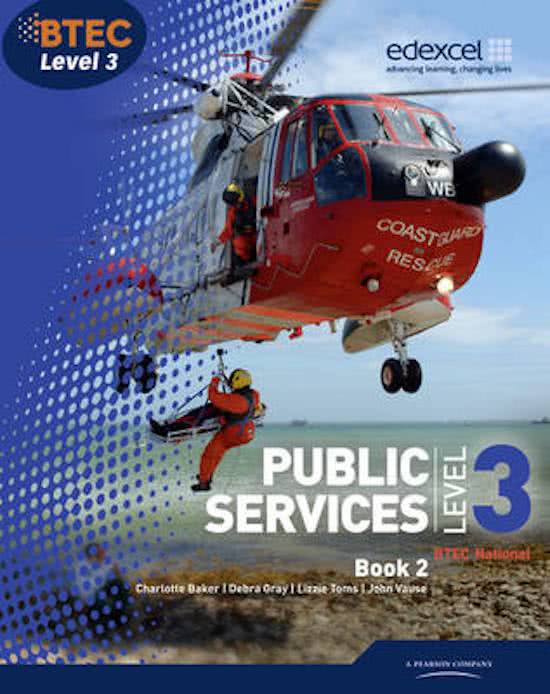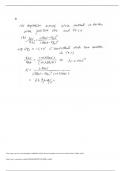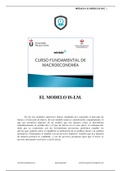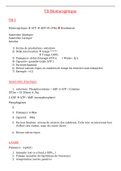Essay
unit 22 p4
- Institution
- PEARSON (PEARSON)
Understand how the criminal trial process works. Categories of criminal offence: summary offences; triable either way offences; indictable offences Bail: police powers to grant bail; the Bail Act 1976 and Criminal Justice Act 2003; right of defendant to bail; conditional and unconditional bail; re...
[Show more]












